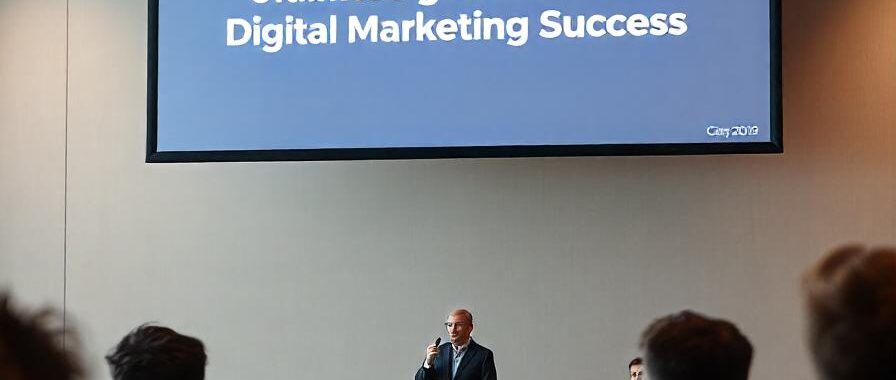"Unleash Your Brand's Potential: The Ultimate Guide to Digital Marketing Success"
Introduction
In today’s digital-first world, your brand’s online presence can make or break your success. Digital marketing isn’t just an option anymore—it’s a necessity for businesses aiming to thrive in a competitive marketplace. Whether you’re a startup or an established company, mastering digital marketing is key to unlocking your brand’s full potential.
This ultimate guide will walk you through the essentials of digital marketing, breaking down strategies, tools, and tips to help you craft a winning online presence.
What Is Digital Marketing?
Digital marketing is the promotion of products or services using digital channels such as search engines, social media, email, websites, and mobile apps. Unlike traditional marketing, digital marketing allows businesses to connect with their audience in real-time, delivering personalized experiences and measurable results.
Why Digital Marketing Matters
-
Wider Reach: Connect with audiences worldwide.
-
Cost-Effective: Achieve more with smaller budgets compared to traditional marketing.
-
Measurable Results: Track performance and ROI with analytics tools.
-
Improved Engagement: Build meaningful relationships with customers through direct interactions.
Core Components of Digital Marketing
1. Search Engine Optimization (SEO)
SEO involves optimizing your website to rank higher in search engine results pages (SERPs). The goal is to increase organic (non-paid) traffic by making your site more relevant and accessible to users.
Key SEO Strategies:
-
Conduct keyword research to target relevant terms.
-
Optimize on-page elements like title tags, meta descriptions, and headers.
-
Build high-quality backlinks.
-
Improve website speed and mobile-friendliness.
Tools to Use:
-
Google Analytics
-
Ahrefs
-
SEMrush
2. Content Marketing
Content marketing focuses on creating and sharing valuable, relevant content to attract and engage your audience. This can include blog posts, videos, infographics, and ebooks.
Effective Content Strategies:
-
Solve customer pain points with actionable content.
-
Maintain a consistent publishing schedule.
-
Use storytelling to connect emotionally with your audience.
3. Social Media Marketing
Social media platforms like Facebook, Instagram, LinkedIn, and Twitter are powerful tools for reaching and engaging your target audience. Social media marketing helps build brand awareness, foster community, and drive conversions.
Tips for Social Media Success:
-
Post consistently and at optimal times.
-
Engage with followers through comments and messages.
-
Use paid ads to target specific demographics.
4. Pay-Per-Click (PPC) Advertising
PPC involves paying for ad placements on platforms like Google Ads and social media. You’re charged each time a user clicks on your ad, making it a measurable and scalable marketing method.
Best Practices:
-
Conduct keyword research to identify high-converting terms.
-
Create compelling ad copy and visuals.
-
Use A/B testing to optimize campaigns.
5. Email Marketing
Email marketing is a direct channel to communicate with your audience. It’s ideal for nurturing leads, building customer relationships, and driving repeat business.
Steps for Effective Email Campaigns:
-
Segment your email list based on user behavior.
-
Personalize subject lines and content.
-
Include clear calls-to-action (CTAs).
6. Analytics and Performance Tracking
Measuring your digital marketing efforts is crucial to understanding what works and what doesn’t. Use analytics tools to monitor website traffic, conversions, and user behavior.
Top Metrics to Track:
-
Website traffic sources
-
Conversion rates
-
Cost per acquisition (CPA)
-
Customer lifetime value (CLV)
